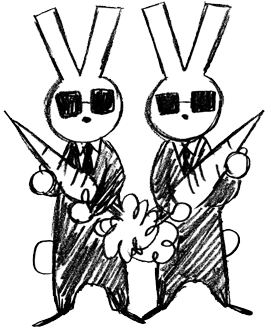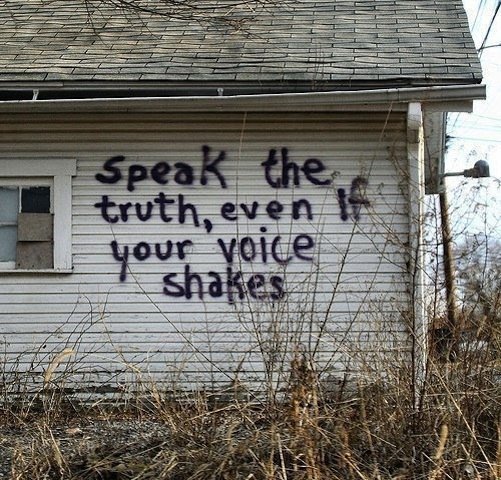Much of academia post-1990s is just a shadow of the #deathcult, stripped of radicalism and repackaged into careerist, bureaucratic loops. It became another self-referential path, detached from real world struggles. The privatization of knowledge through paywalled journals, corporate funding, and NGO capture made sure of this.
The same thing happened with #FOSS and #opensource, once about radical openness, it was watered down when organizing shifted to closed chat systems and corporate-friendly platforms. We lost the #openprocess that made early public archives powerful.
Then you have, Modern Art, once revolutionary, was quickly absorbed into the cultural arm of the #deathcult, turning radical expression into a commodity for the #nastyfew. It’s the same cycle over and over:
- A movement starts as a real challenge to power.
- It gains momentum.
- Power co-opts it, waters it down, and sells it back to us.
People will keep doing stupid things, that’s inevitable. The job is to call it out, push better paths, and make sure they don’t repeat the same mistakes. It’s not glamorous, and it won’t get you applause, but that’s how real social change works.
The cat meowing, the #fashionistas, whether intentionally or not, keep blocking the left’s paths by turning everything into aesthetics and performance rather than actual power-building. They chase whatever is trending, constantly rebrand, and ultimately reinforce the #mainstreaming forces they claim to resist.
Meanwhile, the right organizes, funds, and builds real infrastructure, they don’t waste time on purity politics and endless internal fights. That’s why they keep winning.
So what do we do?
- Stop trend-hopping, we need long-term strategies, not just momentary viral moments.
- Build real alternatives, tech, media, organizing spaces that serve movements, not just “woke” branding.
- Own our narratives, not get trapped in the spectacle of liberal discourse and right-wing outrage cycles.
- Get our hands dirty, shovel through the #techshit, compost the failures, and grow something real.
This is about taking control back, not only reacting to the crises the nasty few push us to manufacture. Radical media, the #openweb, grassroots organizing, these are the things that cut through the noise and shift power back to where it belongs.
The #4opens act as a foundation to hold back the tide of the post-truth world, they enforce transparency, accountability, and community control. Without them, everything drifts into manipulation, closed power structures, and co-option by #dotcons.
It’s a chicken-and-egg issue because we need social trust and active participation to maintain the #4opens, but those same values are constantly eroded by the #mainstreaming forces of the #deathcult.
The #OMN is crucial because it builds digital commons as a form of social technology. It’s not just about the tech, it’s about the relationships, trust networks, and shared values that make it work. Once we have this space, what we do with it is up to us, but it has to be grounded in real, radical alternatives, not just another tech silo.
That’s where the rebooted #indymedia project comes in. It’s built on the #PGA hallmarks, which means it’s explicitly anti-capitalist, decentralized, and activist-driven. It can’t function within the corporate media sphere, so it has to exist in a #TAZ (Temporary Autonomous Zone)—a liberated, self-organized space outside of state and market control.
Wikipedia gives a decent artsy take on #TAZ, but in practice, it’s about creating spaces where radical alternatives can actually live and grow. #PGA is the backbone, an old grassroot global framework for direct action and real-world resistance.
The key is building trust-based networks that aren’t easily co-opted. If we don’t do this, the cycle repeats: good projects get absorbed, neutralized, or just fade into irrelevance.




